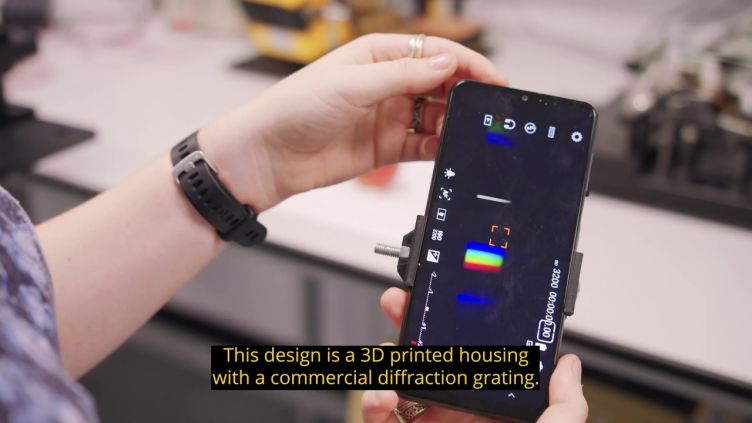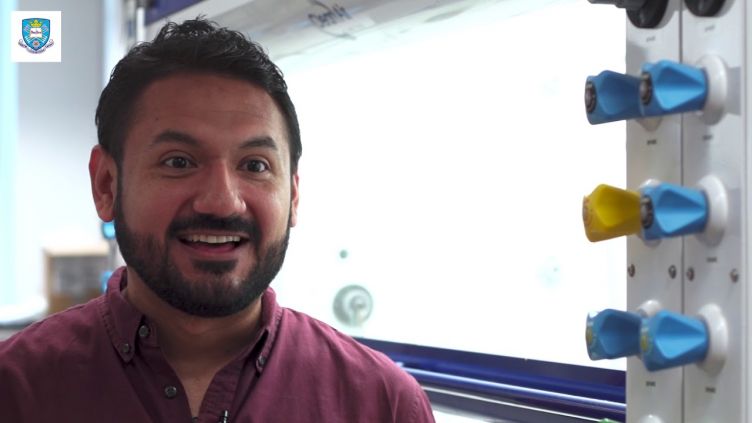PhD opportunities
We provide a rich intellectual environment and excellent research facilities for our research students. As a PhD student you will become a member of our research community.

On
Explore our PhD project directory
Scroll down to view a list of available projects, or you can conduct your own new search.


